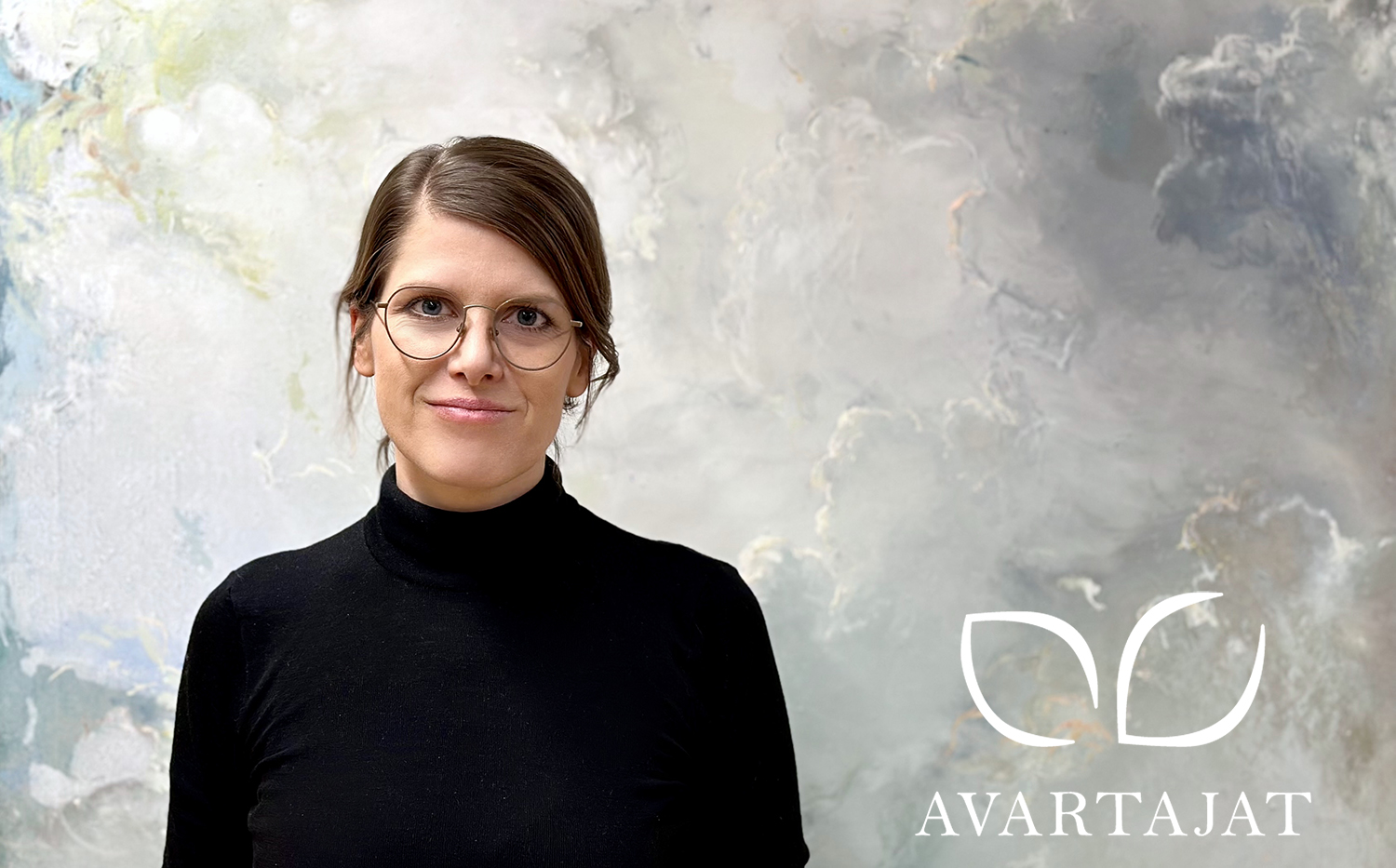One plus one is more than two, and this is what Katharina Schilli, a researcher at the Turku School of Economics, is convinced of. Her work is to explore this assumption and help professionals from various fields realize the opportunities that a deep understanding of data offers in everyday work.
Together, but differently
What happens when a designer, content creator, data analyst, and business developer meet? According to researcher Katharina Schilli, the designer wants to create a human-centered experience , the content creator wants content to be clear, the data analyst wants to generate clicks , and the business developer cares about traction. But a shared understanding and effective collaboration practices might be missing. “I’m oversimplifying here,” Schilli reminds us. “Each expert has their own perspective on the matter. My research aims to find various practices for people to combine their expertise more profoundly to utilize data-driven solutions.”
At the intersection of theory and practice
In the end, it’s a quest for a better work life. Schilli tackles organizational challenges at the intersection of theory and practice. “Don’t write that I have a bit of an idealist in me. But I see a lot of opportunities with this kind of research,” she laughs and continues, “I also feel privileged to work as a researcher. I particularly enjoy interdisciplinary research approaches that serve both the academic community and organizations.”
Ultimately, it’s about ensuring that different work environments can make the most of digital transformation . Katharina Schilli knows that collaboration itself can be complex. “We need to ask ourselves, how can we collaborate on challenges we face in organizations? Hackathons have their place, but change on an organizational level doesn’t happen by gathering once or twice a year,” the researcher reminds us. “Change is also made by influencing daily processes, one step at a time.”
Innovation in the Nordics
Schilli has seen many different workplaces. She is originally trained as an architect and worked in the profession for a while. However, her passion for diving deeper into collaboration led her to Aalto University, where she pursued an interdisciplinary Master’s degree in International Design Business Management, the only program of its kind. Now, her doctoral studies take place at the Turku School of Economics, and she spent nearly a year at the House of Innovation at the Stockholm School of Economics. She speaks warmly of both institutions.
Grants are an integral part of a researcher’s life. Katharina Schilli has only positive things to say about the Finnish system. “I appreciate the Finnish system because it gives space for a researcher’s own ideas. When I receive a Finnish grant, it feels like someone else believes in my idea, too,” she reflects. “Grants offer a basic income and allow me to research and refine my ideas and the concepts within them.”
In 2023, the KAUTE Foundation awarded Schilli a research grant. She believes that applying for grants is an essential part of research and the application process can benefit the researcher as well. “The KAUTE Foundation application had quite specific questions. It made me reflect on my research,” Schilli summarizes.
Entrepreneurial Mindset and Communities
Looking to the future, Schilli hopes to continue working at the crossroads of theory and practice. “I’m teaching a course on Strategic Design and have developed learning experiences with the collective Nordic Rebels since 2017. I’ve come to the conclusion that teaching is a superpower. You can reach the next generation who will work on the challenges of our time! ” she says.
What advice does Schilli have for future hopefuls? “A researcher benefits from an entrepreneurial mindset. It’s better to create your own opportunities than wait for them. Also, I believe that generosity is worthwhile,” Schilli shares. In that vein, she has been developing the Practice Process Reading Group, a community that produces, amongst others, a science podcast. “It’s important to have discussions with other researchers on themes that matter. This is done together.”
